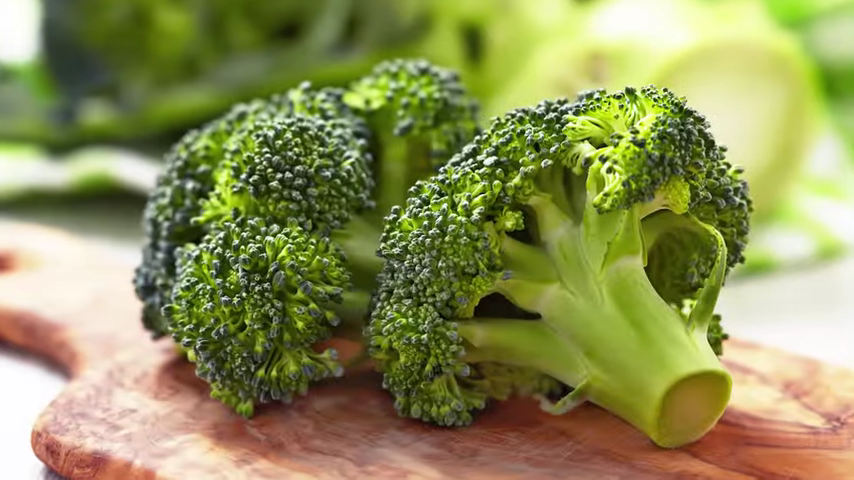
Foods rich in B12
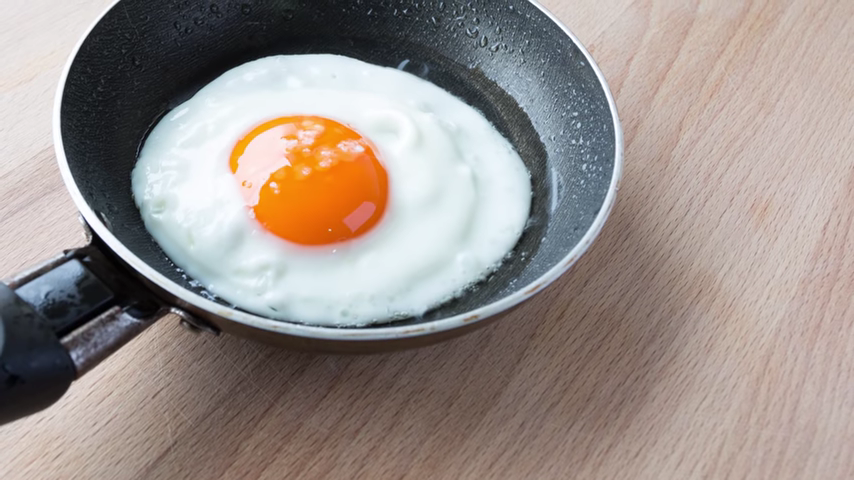
Once you reach the age of 50, the stomach becomes less acidic, which can make it difficult for your body to absorb enough vitamin B12. This vitamin is important for maintaining a healthy nervous system and metabolism. Foods that are rich in vitamin B12 include meat, eggs, dairy products, and seafood.
Bananas
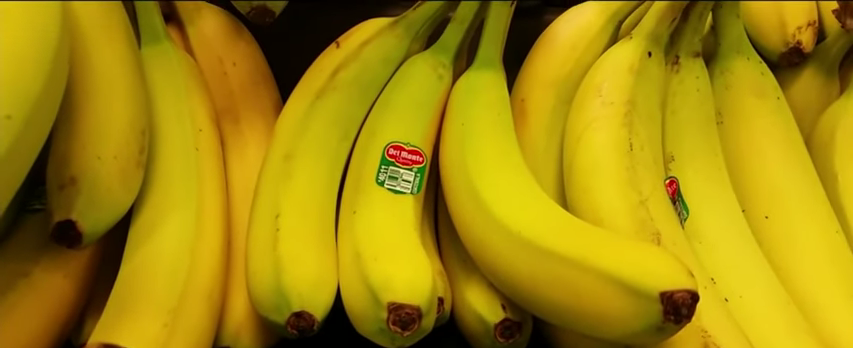
People over 50 are at higher risk of heart disease and stroke. Eating potassium-rich foods like bananas lowers this risk by regulating blood pressure. Although bananas alone may not meet the recommended daily intake of 4,700 milligrams of potassium, foods like potatoes, avocados, and pistachios are also good sources.
Fiber
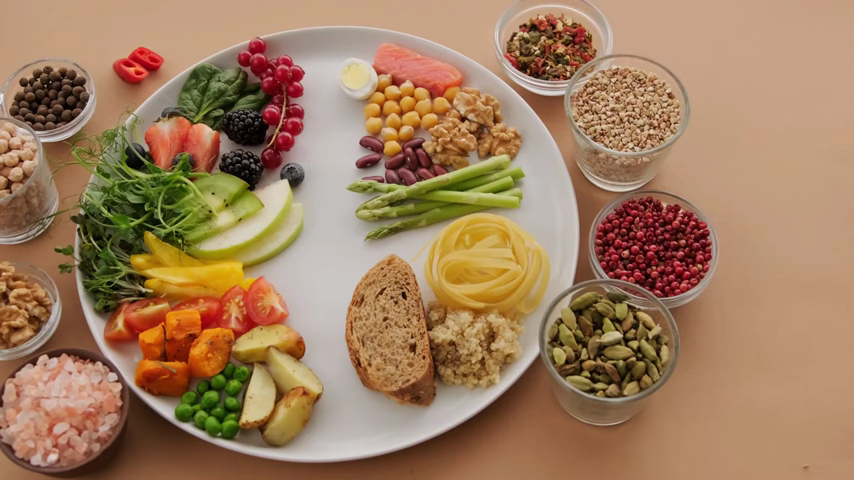
As we reach the age of 50, our digestive system slows down, making it important to consume an adequate amount of fiber to maintain regular bowel movements. It is recommended for older men and women to aim for about 25 to 30 grams of fiber each day. Excellent sources of fiber include lentils, green peas, and whole wheat pasta.
Water

As we age, it is common for dehydration to occur since our sense of thirst decreases after 50. Water plays a vital role in optimizing metabolic functions. Women above 50 should aim to drink a minimum of nine cups of water daily, while men should aim for 13 cups. Those who lead more active lifestyles may require even more water to stay properly hydrated.
Foods rich in calcium
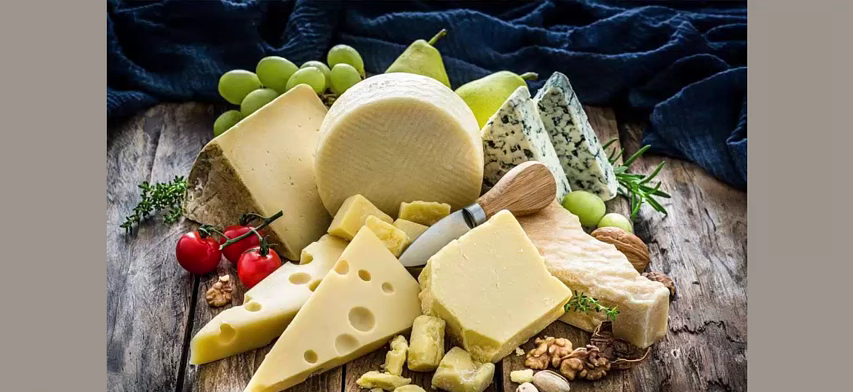
Calcium is essential for strong bones, teeth, as well as the heart, muscles, and nervous system. Ideally, you should aim to consume 1,200 milligrams of calcium daily. Vitamin D aids in the absorption of calcium, but it can be difficult to obtain sufficient amounts from food alone. Consequently, many people opt for calcium supplements. Good food sources of calcium include cheese and milk.
Leafy greens
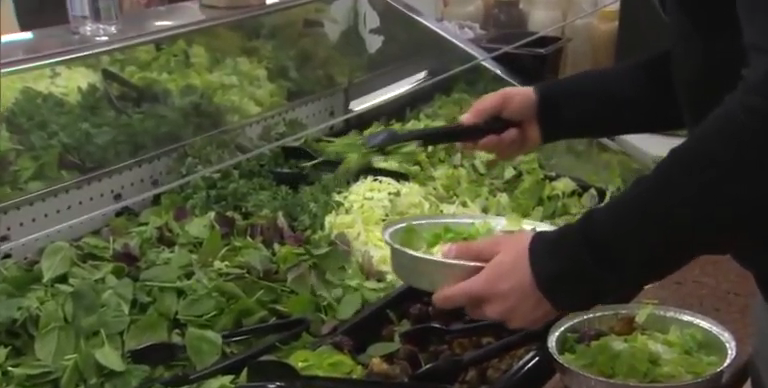
Leafy greens offer added benefits for those over 50. With age, eye problems increase, so obtaining enough lutein, beta-carotene, and vitamin A is crucial. These nutrients enhance vision and maintain muscle strength. Unfortunately, many individuals in this age group lack these nutrients in their diets. Therefore, it’s important to include more green leafy vegetables in meals.
Flaxseed
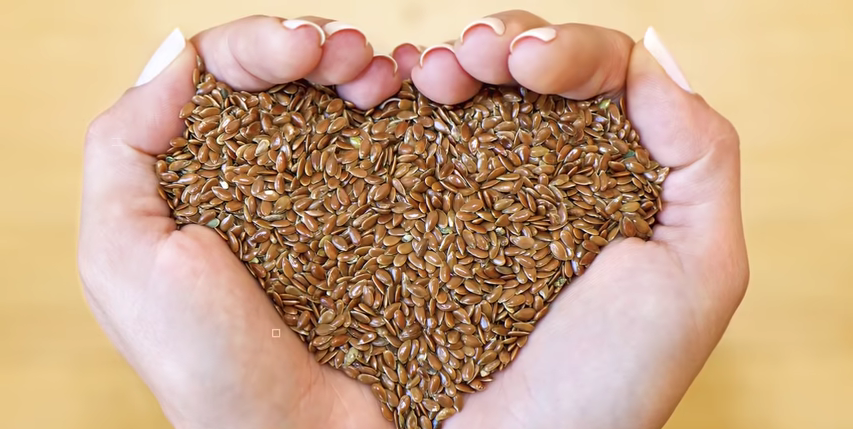
Flaxseed is particularly important for older individuals as it supports heart health. It contains vital omega-3 fatty acids and lignan antioxidants that safeguard the body’s cells against free radicals caused by factors like tobacco smoke and radiation. The easiest way to incorporate flaxseed into our diet is by adding it to familiar foods like oatmeal, yogurt, or smoothies.
Unsweetened almond milk
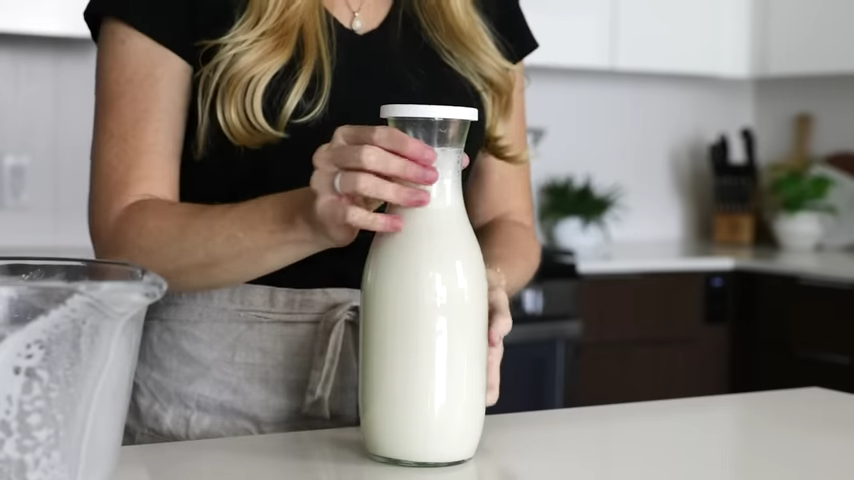
Almond milk holds significant value for individuals who are lactose intolerant or follow plant-based diets, serving as an excellent dairy alternative. It often contains added vitamin D and calcium, essential for maintaining strong bones and teeth in individuals above 50 years of age. Opting for unsweetened almond milk is a healthier choice as it contains less sugar overall.
Cinnamon

Cinnamon possesses numerous health benefits attributed to its antioxidants and anti-inflammatory properties. Research indicates that it can aid in combating type 2 diabetes and enhance insulin sensitivity. To reap the advantages of cinnamon, consider substituting it for sweeteners, using it to bring a healthy sweetness to your drinks.
Potatoes
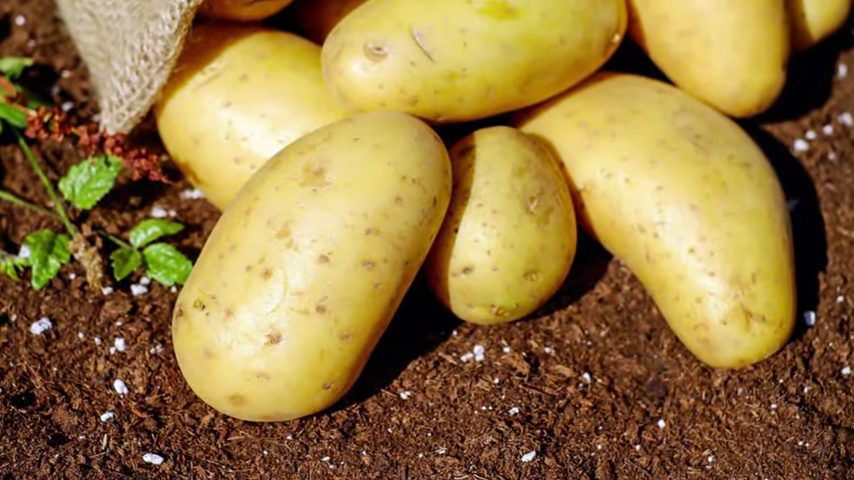
Potatoes are rich in potassium, aiding in maintaining balanced electrolytes. Red, white, and sweet potatoes are all nutrient-dense and offer ample amounts of vitamins C and A. Adding cheese as a topping combines two beneficial foods into one meal; however, individuals above 50 should be mindful of unnecessary calorie intake when doing so.
Broccoli

Broccoli is thought to slow down mental decline, due to its hefty dose of nutrients and bioactive compounds. A study of 960 older adults showed that one serving of broccoli a day helped to resist mental decline associated with aging, alongside supporting healthy brain activity and nervous tissue function.
Blueberries
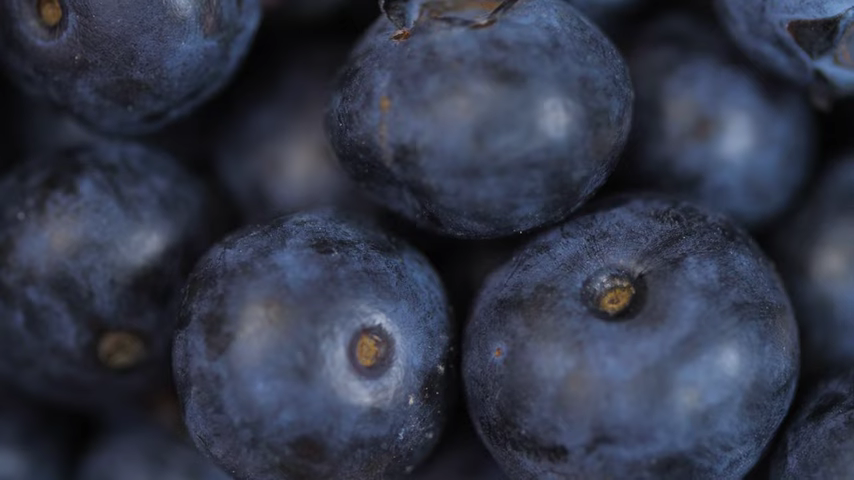
All varieties of berries contain the compound anthocyanins, which help people aged 50 and older to be mentally sharp – combating that gloomy brain fog. Blueberries are heralded as being a powerful superfood – helping to reduce inflammation in the body alongside keeping your brain ticking over.
Raspberries
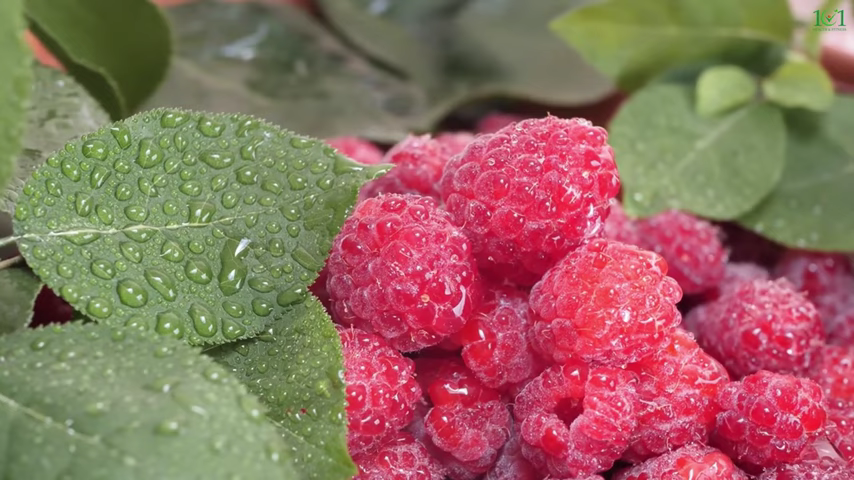
Raspberries are a fantastic food choice if you’re looking to keep your mind sharp. Filled with high levels of fiber, vitamin C, and anti-inflammatory, antioxidant flavonoids, they’re littered with health-boosting benefits. Better still, raspberries are easy to incorporate into your eating habits – simply pour them over cereal or enjoy them with a yogurt.
Avocados
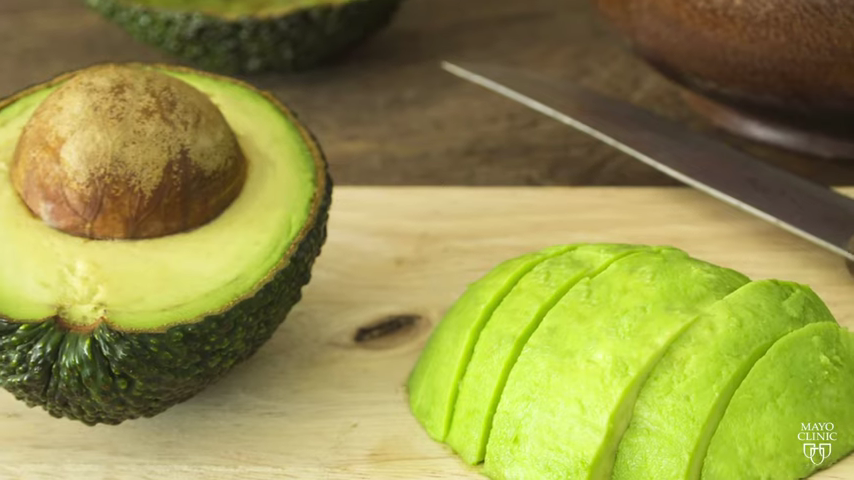
Avocados aren’t just for the millennials. In fact, as you get older, you should make sure to incorporate them into your diet. They’re filled with heart-healthy monounsaturated fats, which helps to keep cholesterol levels low – something men over 50 particularly need to keep an eye on. Avocados have also been linked to weight loss.
Kale
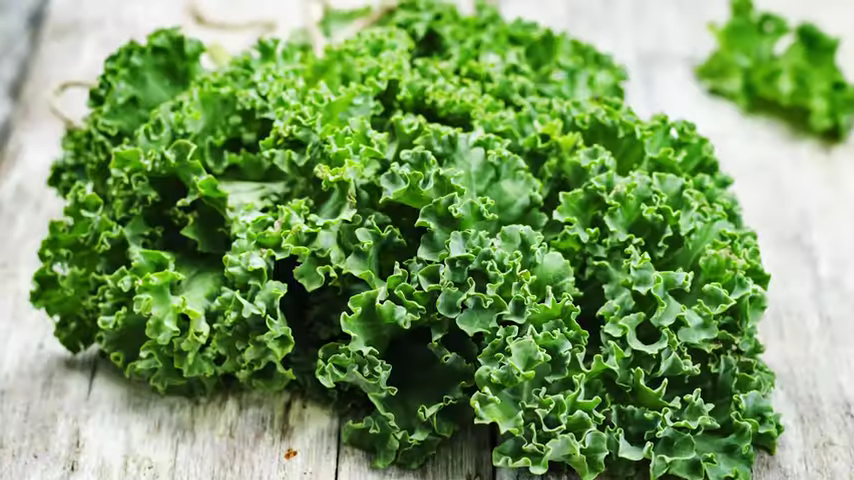
Kale possesses all of the healthy goodness found in other leafy greens, but it may surprise you to learn that it’s also filled with calcium, making it a fantastic choice to boost bone health. The vegetable is also filled with antioxidants and vitamins, making it one of the best foods for you.
Honey
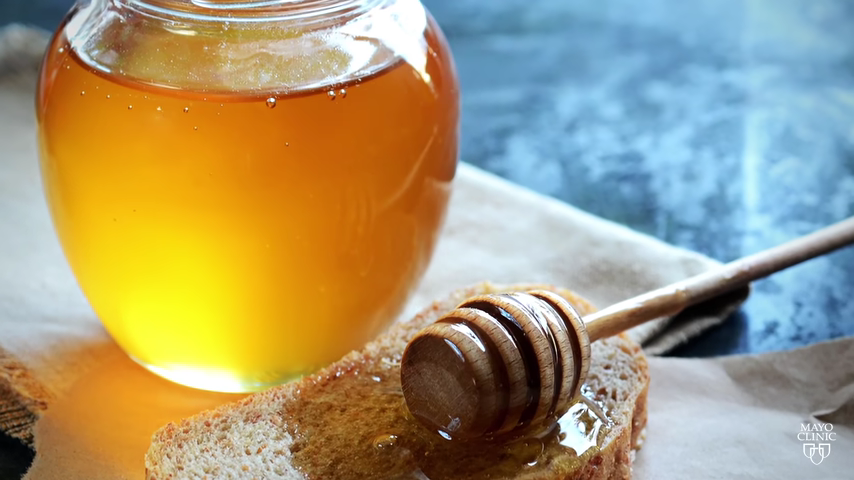
Eating honey can reduce your risk of experiencing severe ailments such as cholesterol problems and high blood pressure. The antioxidant compounds within the sweet treat can improve your memory, alongside boosting your overall energy levels. Ensure you enjoy honey in moderation, as its sugar levels may have detrimental effects.
Apples
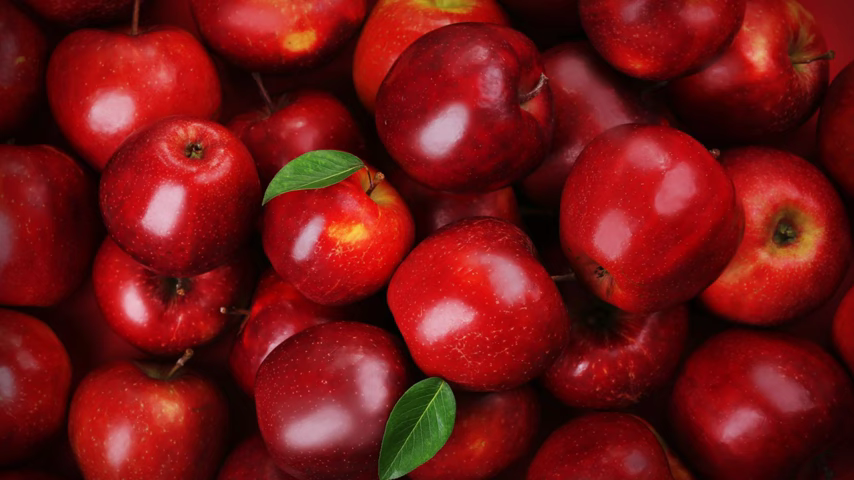
The phrase “an apple a day keeps the doctor away” actually has some truth to it. Researchers at Oxford University in the UK claim that over-50s who add an apple to their daily food rotation can see benefits similar to taking daily vitamin pills. Apples are good for all-around health, including preventing heart attacks and strokes.
Nuts
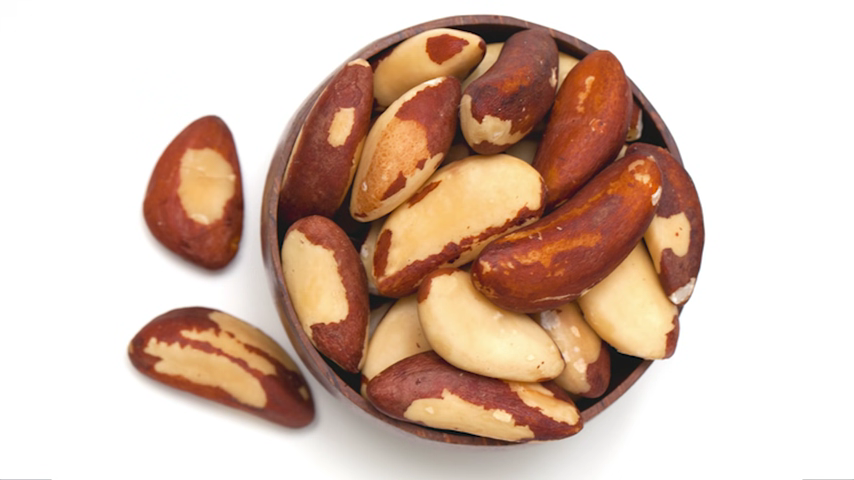
Almonds, pistachios, and walnuts are all healthy options to snack on, a perfect replacement for oily chips. These delicious foods contain nutrients that can delay – or even prevent – age-related heart disease, type 2 diabetes, nerve disease, and some forms of cancer, all while keeping your brain nice and healthy.
Garlic
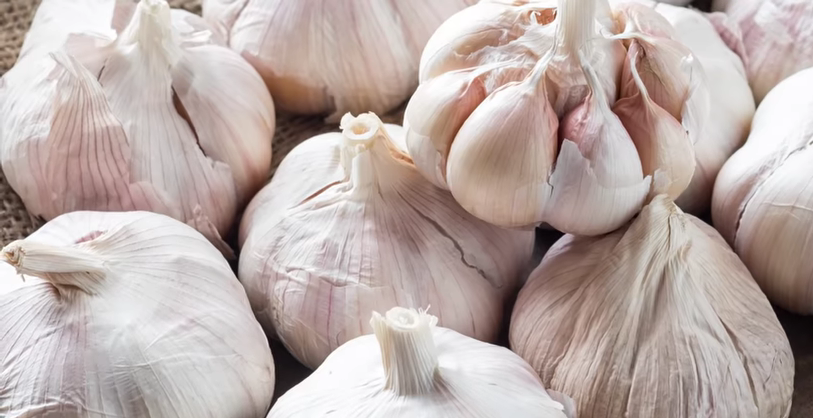
As you age beyond 50, you’re at a higher risk of experiencing high cholesterol levels and developing cardiovascular conditions. Garlic is the perfect choice for seniors wishing to prevent these health woes, helping to significantly reduce cholesterol. Better still, garlic is super easy to incorporate into your meals.
Spinach
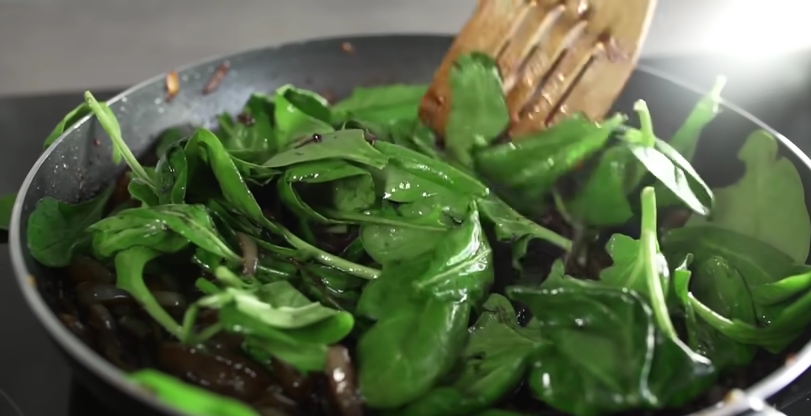
Spinach is one of the healthiest foods you can ever eat, no matter your age. Studies have shown that older adults who ate one or two servings of spinach every day had the cognitive ability of someone 11 years younger, with the key nutrients providing brain-boosting effects.
Salmon

Salmon is an incredible source of antioxidants and healthy fats, making it a prime choice for those over 50. It’s thought that regularly consuming salmon can slow down the aging process, preventing heart disease and dementia. Furthermore, the succulent fish will also give you more day-to-day energy, fuelling your body with long-chain Omega-3s.
Whole grains
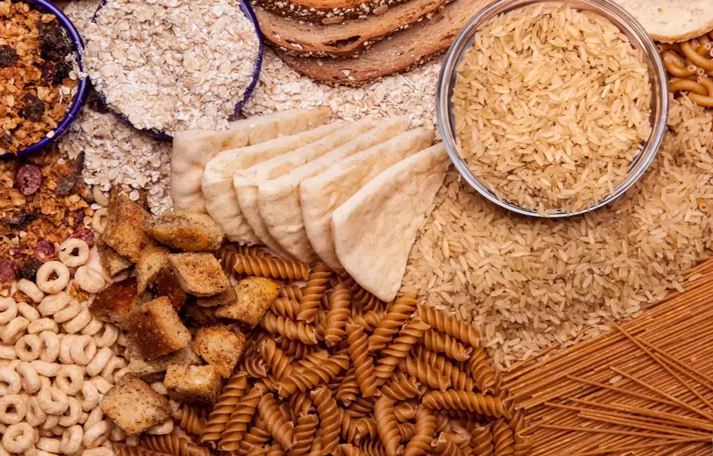
Whole grains are a necessary food to start incorporating into your diet, helping to fend off health woes such as diabetes. It’s recommended that both men and women over 50 should consume three servings of whole grains a day, helping to balance cholesterol, lipoprotein, and insulin levels.
Chicken
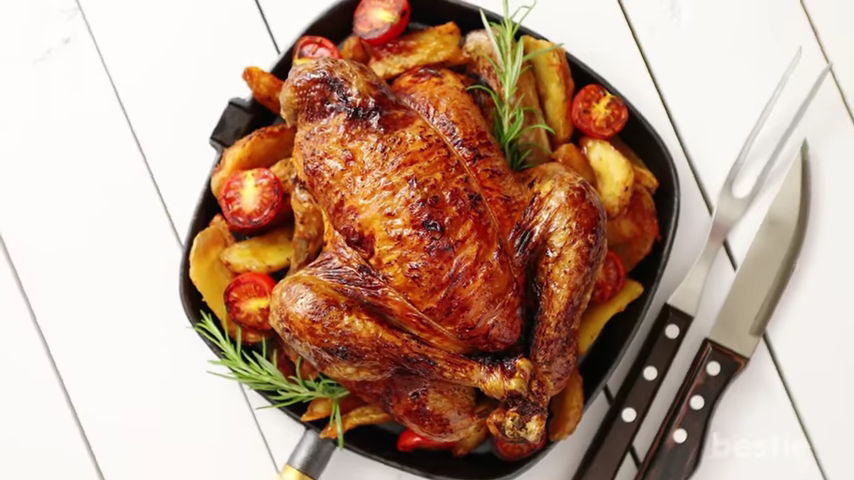
As we age, it’s important to eat more protein, helping to keep your muscles nice and healthy. Chicken meat is packed with protein and amino acids that help to accelerate the natural formation of collagen. Make sure you’re eating organic, unprocessed chicken without any fatty coatings for the best results.
Oatmeal
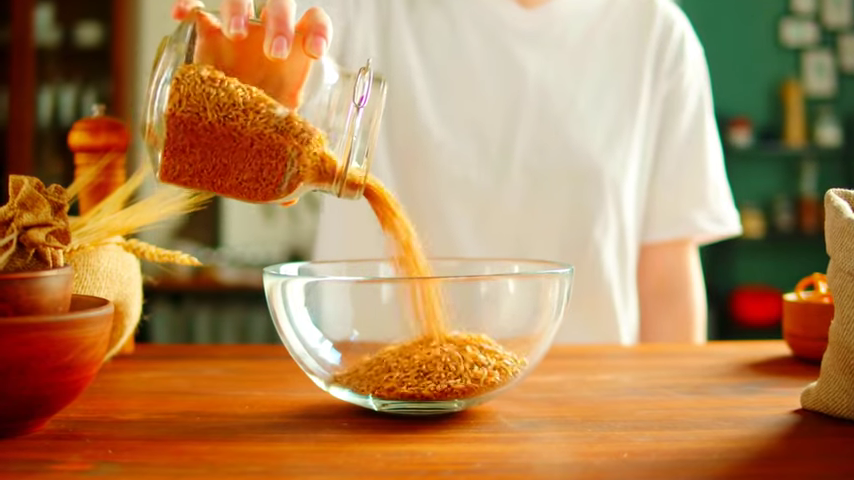
Older adults will benefit from frequently eating oatmeal, resulting in lowered blood pressure and increased blood flow. Oatmeal is packed with magnesium, which boosts immunity and supports nerve and muscle function. Oatmeal is also considered to be a brain superfood, helping to improve memory and concentration.
Kiwis

Kiwis are considered to be the one true superfood among medical professionals. It’s important that you incorporate the zesty fruit into your daily diet, as they contain 30mg of folate per 100 grams – a folate that naturally lowers as we age. Eat a kiwi every day and watch your energy levels rise!
Oranges
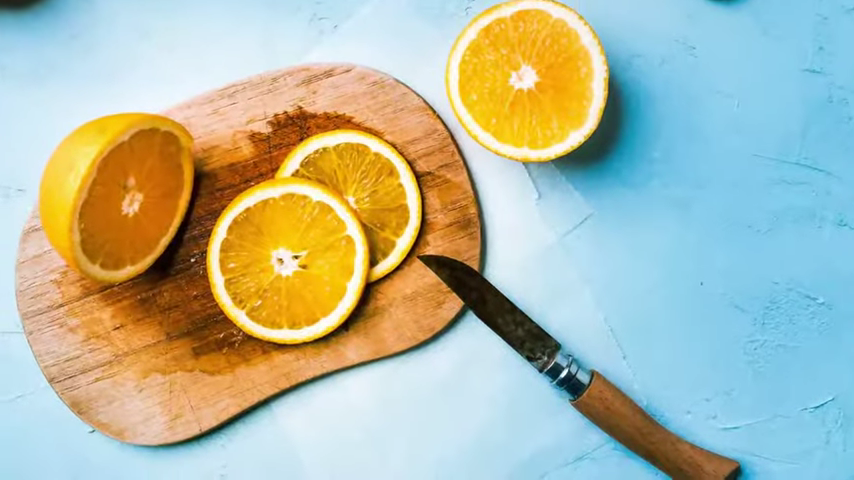
We all know that vitamin C is important for our overall health – but did you know that our bodies don’t naturally produce the vitamin? To ensure you stay fit and healthy into a ripe old age, it’s important to frequently eat foods that are high in vitamin C, including oranges. These tasty fruits contain antioxidants that can actually slow the aging process.
Green tea
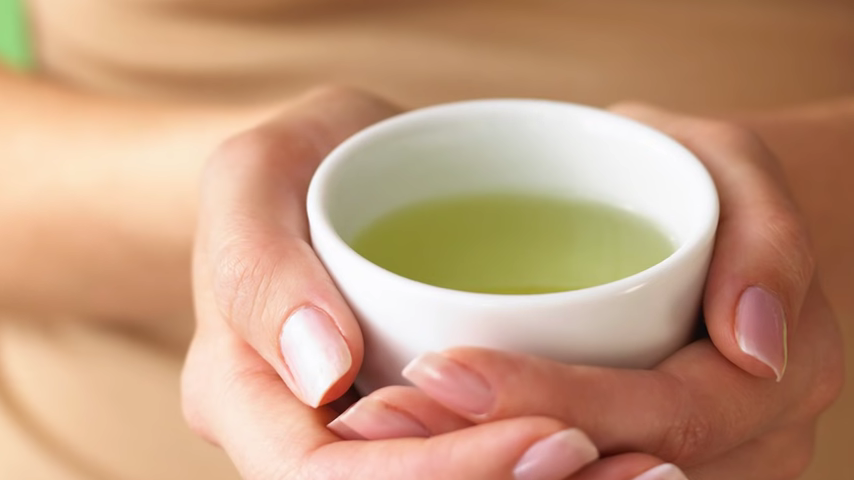
Swap out your morning coffee for a cup of green tea – your body will thank you for it. According to research by the Japan National Cerebral and Cardiovascular Center, those who drink one cup of green tea every day significantly lower their risk of having a stroke.
Cauliflower
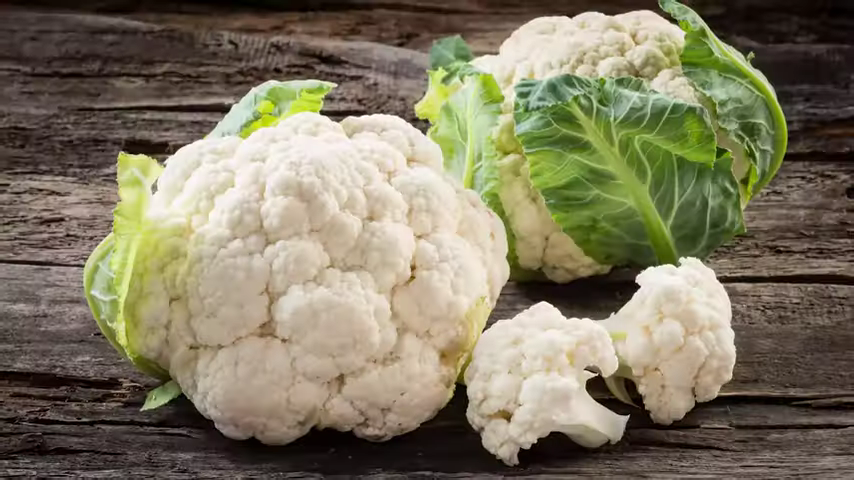
Cauliflower has numerous benefits for people over 50, including promoting gut health, fending off disease, aiding in weight loss, and helping to reduce inflammation of the body. Food experts claim that cauliflower can also slow the aging process, pumping your body full of juicy nutrients.
Brown rice
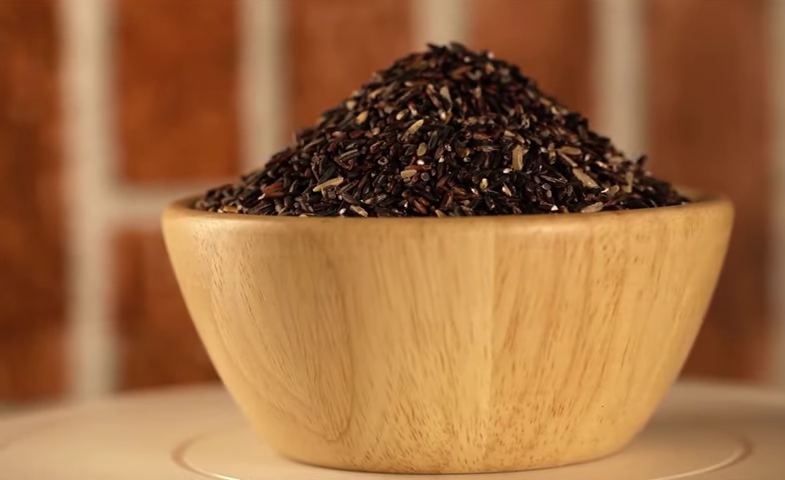
Brown rice is a fantastic way to gain a rich source of nutrients, such as vitamin B, iron, copper, and folic acid. Eating brown rice can also lower your risk of cardiovascular disease and colorectal cancer, all while helping to promote healthy digestive habits due to their high fiber levels.
Dark chocolate
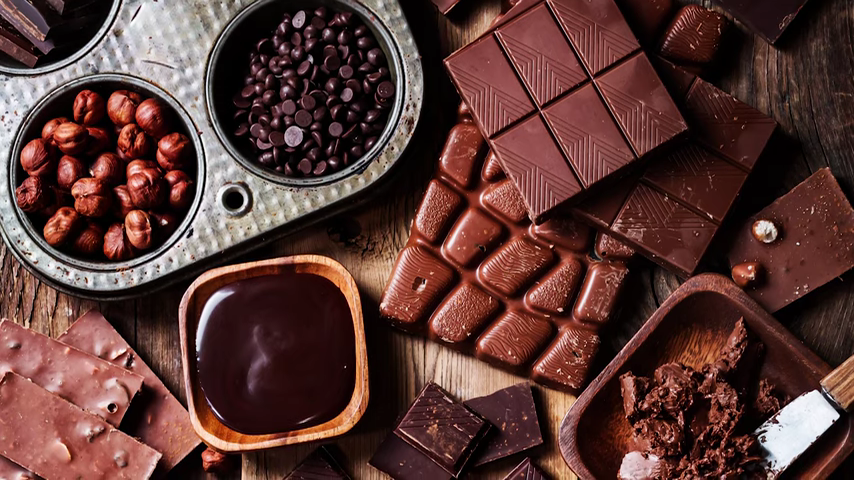
While it isn’t recommended that you go out and stuff your face with dark chocolate, small amounts of the sweet treat have been proven to have health benefits. Consuming a few squares of dark chocolate provides a much-needed boost of antioxidants to your body, while simultaneously lowering your blood pressure.
Chili peppers
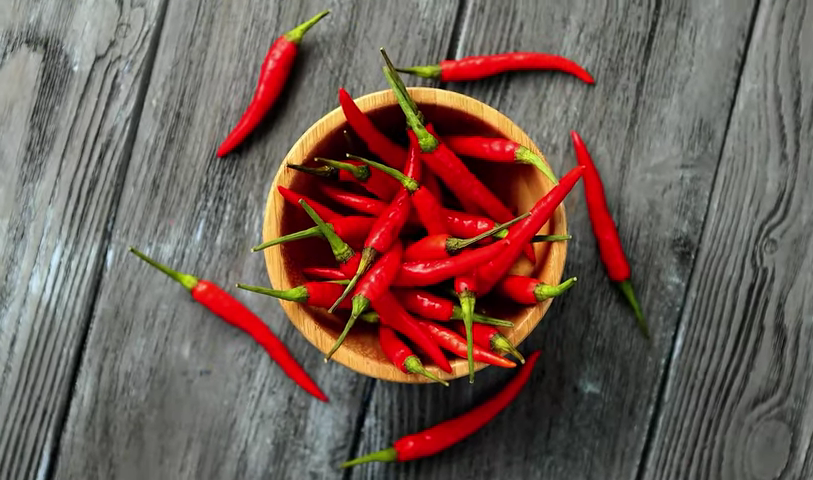
New research shows that regularly eating chili peppers may extend your lifespan, helping to lower the risk of potential heart disease and stroke. Capsaicin is believed to contribute to cellular and molecular mechanisms that regulate blood flow, helping your body to stay in tip-top shape.
Coconuts
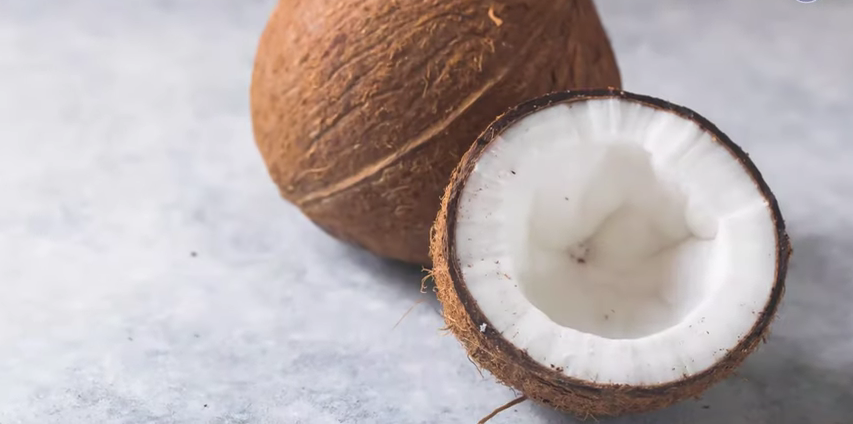
Coconuts are low in carbs and high in fiber, making them an ideal lunchtime snack. They’re highly nutritious and rich in an array of antioxidants and antibacterial properties, while also helping your body to maintain a healthy blood sugar level. Although these fruits are high in fat, they’ve been proven to boost energy and endurance levels.
Ginger
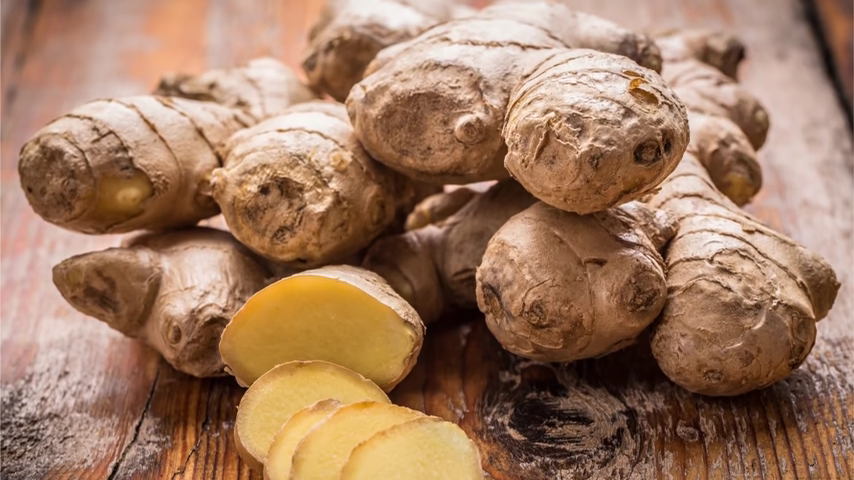
Ginger is perfect for over 50s, as it’s thought to relieve arthritis pain. The root also facilitates digestion, and is known to increase the amount of nutrients that your body absorbs, making it the perfect side-kick to all of your other healthy snacks. Stick to three to four grams of ginger a day to avoid any stomach issues.
Melons
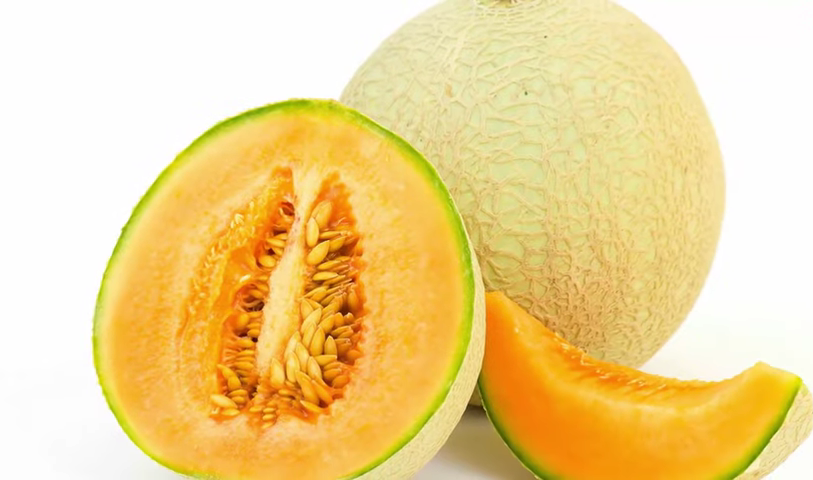
Melons can actually improve the quality of your skin as it’s packed full of vitamin C – working with collagen to promote skin thickness. The fruits are also a good source of vitamin K, vitamin B6, copper, potassium, and fiber. Mix them into a fruit salad with some berries and seeds and watch your health improve.
Cucumber
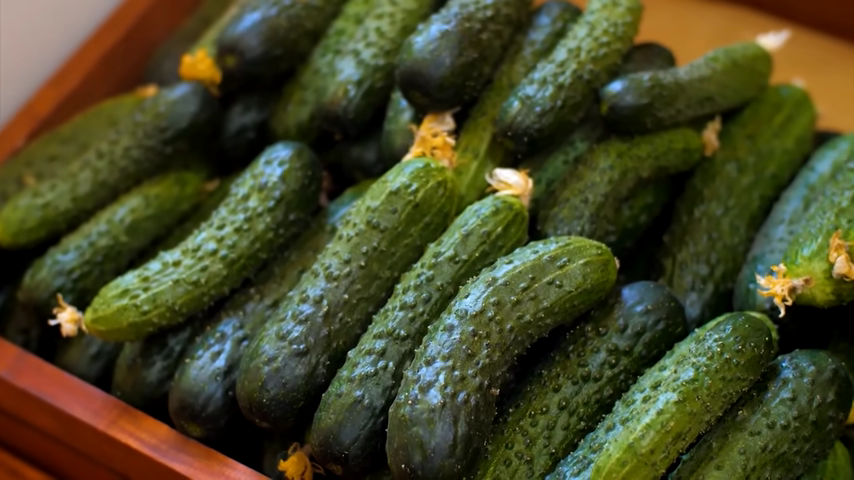
Food experts state that seniors should consider incorporating cucumbers into their daily diet all year round, as the tasty vegetable has a slew of beneficial properties. Cucumbers aid in providing your body with hydration, copper, manganese, potassium, and vitamins B, C, and K, all while being low in calories but high in nutrients.
Tomatoes
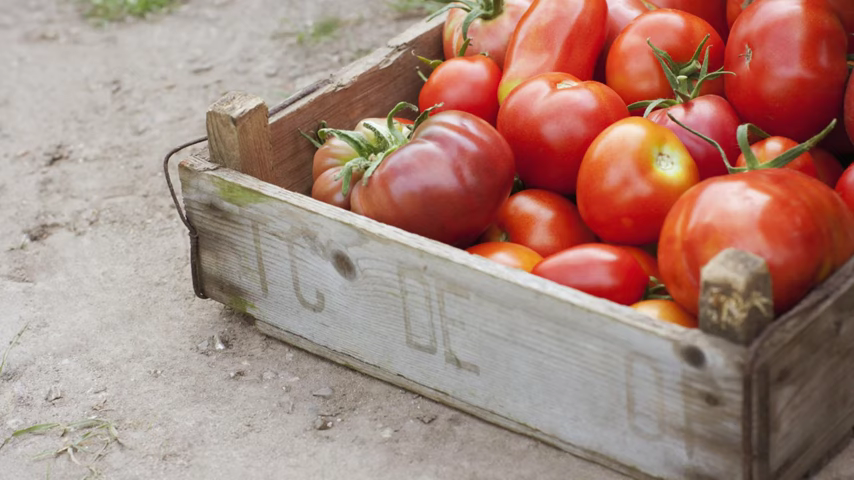
These bright red fruits are rich in lycopene, a compound that’s thought to lower your risk of cancer and strokes if eaten frequently. Tomatoes boast an impressive list of vitamins – namely A, K, B1, B3, B5, and B6. They can also improve eye health and fend off heart disease.
Corn
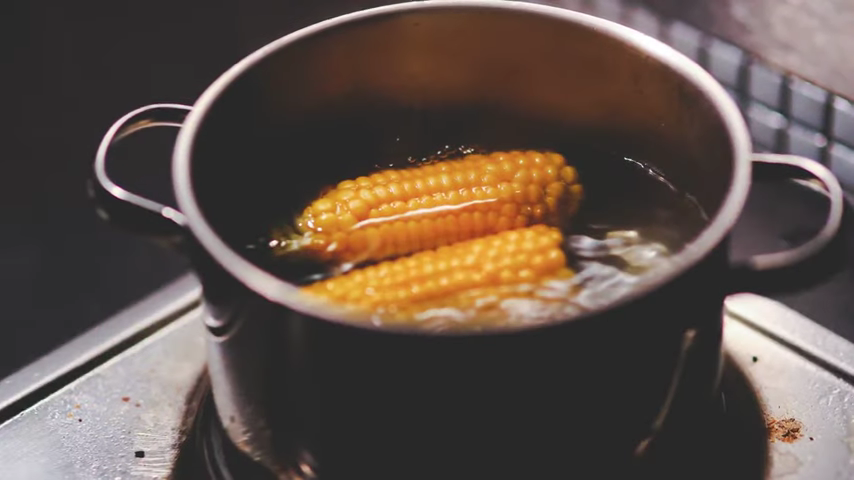
Corn is a perfect choice for senior vegetarians, being a great non-meat source of both protein and iron. Furthermore, corn contains a lot of minerals that your body needs – vitamin C, magnesium, potassium, and vitamin B, to name just a few. Corn is also an antioxidant, helping to protect your cells from damage.
Lettuce
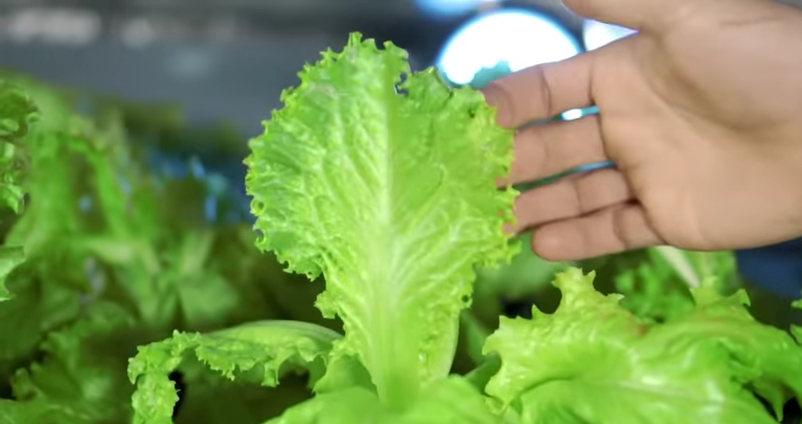
Lettuce has gained an unfair reputation for not being super good for you, with claims it’s mainly filled with water. In fact, lettuce is a great source of vitamin A, potassium, and fiber – making it an easy way to fill your body with those much-needed nutrients.
Pears
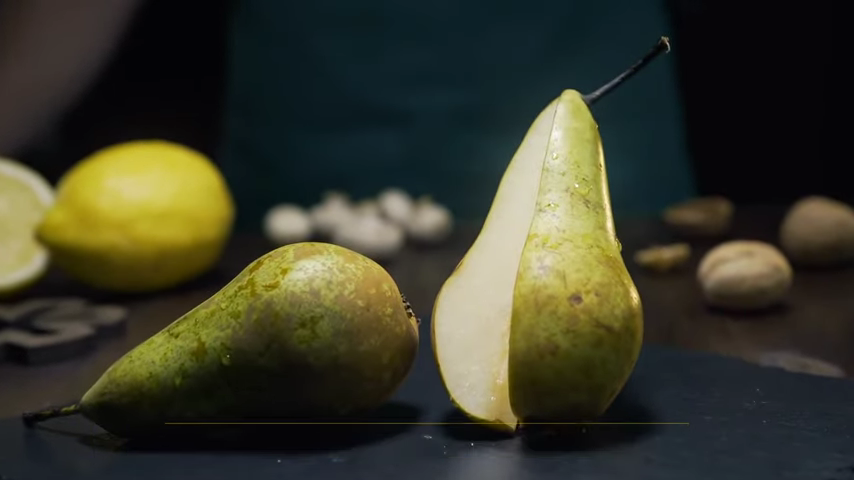
Pears are high in nutrients and low in calories – a perfect combo for the health-conscious. The fruit can also support gut health, aid in weight management, and boost heart health. Their beneficial flavonoids are incredibly easy to incorporate into your daily diet, with the fruits being ready to pick up and eat whenever you please.
Figs
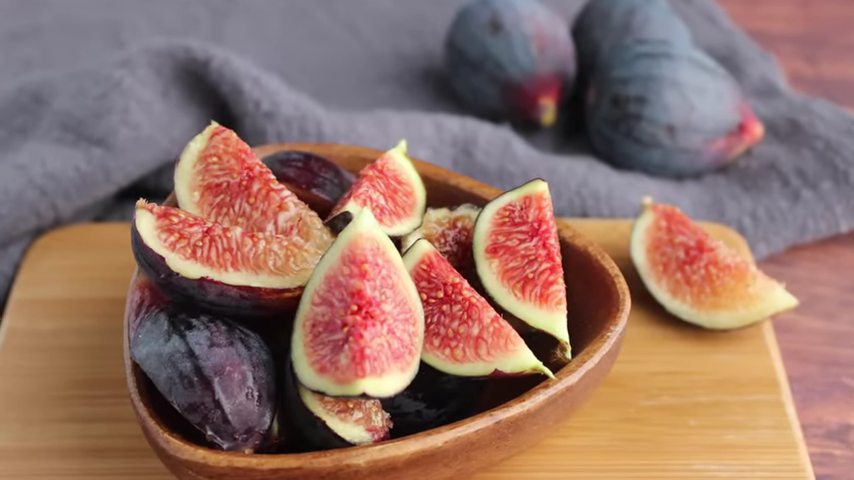
Although more research is needed on the effect of figs in humans, it’s thought that the powerful fruit can kill off cancer cells. They are also packed full of vitamins, while helping to manage your body’s blood fat and sugar levels. If you’re looking for a fruit to boost senior health, look no further.
